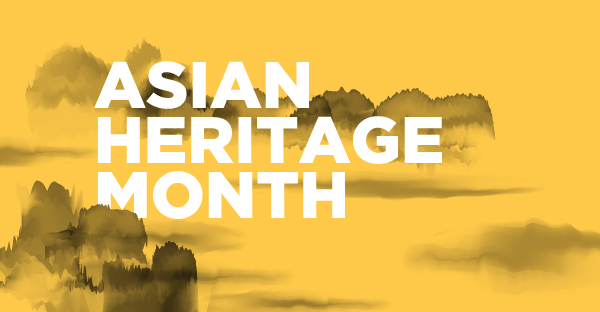May is Asian Heritage Month. For CAPE, it’s a time to underscore and celebrate the important contributions that Canadians of Asian descent have made to our nation. Sadly, Asian-Canadians have suffered unfair treatment and been denied basic human and civil rights throughout much of Canadian history. From the moment they arrived on our shores, Asian immigrants had to combat intolerance from their fellow workers, demogoguing by politicians and policies that entrenched institutional racism.
The gold rush of 1858 brought the first waves of Chinese immigrants. By 1872, British Columbia had disenfranchised its Chinese denizens. Six years later, the province barred them from working on provincial public works. By 1884, the province had enacted a number of policies specifically targeting the Chinese community, including a $10 head tax, banning non-medical opium use and establishing occupancy standards aimed at forcing “the Chinese to adopt a more expensive standard of living”. The Chinese were also barred from acquiring Crown land.
Just one year after completing the Canadian Pacific Railway, which relied on more than 15,000 Chinese labourers, the federal government enacted a $50 head tax. This was raised to $100 in 1900 and again, in 1904, to $500. These taxes were meant to deter – if not outright stop – immigration from China.
During this time, Asian-Canadians in British Columbia were also barred from many professions.
Because of discriminatory legislation and social practices in BC, Chinese, Japanese and South Asians could not vote, practise law or pharmacy, be elected to public office, serve on juries, or have careers in public works, education or the civil service.
Such discriminatory policies were often spurred by others’ economic anxieties. Unfortunately, it was these very same anxieties that led labour unions to exclude Asians from their ranks.
Organized labour groups claimed Asians took jobs from whites and lowered living standards for all workers because they were willing to work for less money than white workers. Asians were excluded from most unions, and as a matter of policy employers paid Asian workers less than others.
The Second World War brought more discriminatory actions against Asian-Canadians. Mid-way through the war, people of Japanese descent were rounded up and detained in internment camps. The federal government subsequently sold off their homes and businesses.
As the war came to an end, there was a worldwide push to recognize basic human rights and put an end to discriminatory policies. Labour unions, likewise, abandoned their exclusionary practices and pushed for equal treatment of Asian-Canadians.
Politicians, labour unions and war veterans joined church leaders in demanding the Canadian government repeal its anti-Chinese legislation. An additional pressure point in 1945 was the United Nations’ Charter of Human Rights and subsequent Universal Declaration of Human Rights. Canada, as a signatory country, contravened these new universal rights with its anti-Chinese policies.
It would take Canada until 1967 to finally erase immigration restrictions on the basis of race and national origin.
Last week, the city of Vancouver formally apologized for its treatment of Chinese residents. The apology acknowledged the denial of “basic human rights, the right to own property and to choose which neighbourhood [Chinese residents] wanted to live in.”



